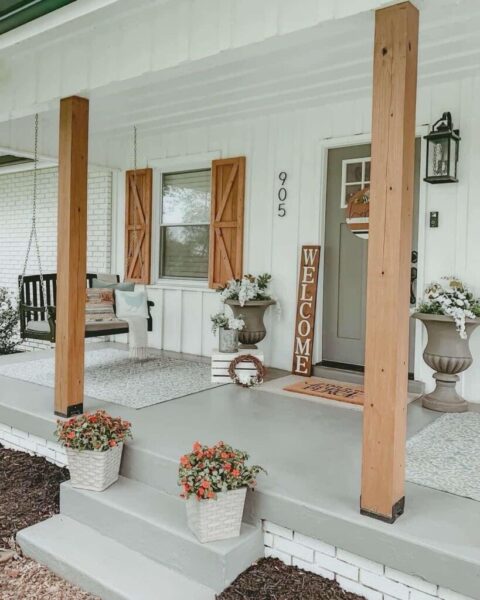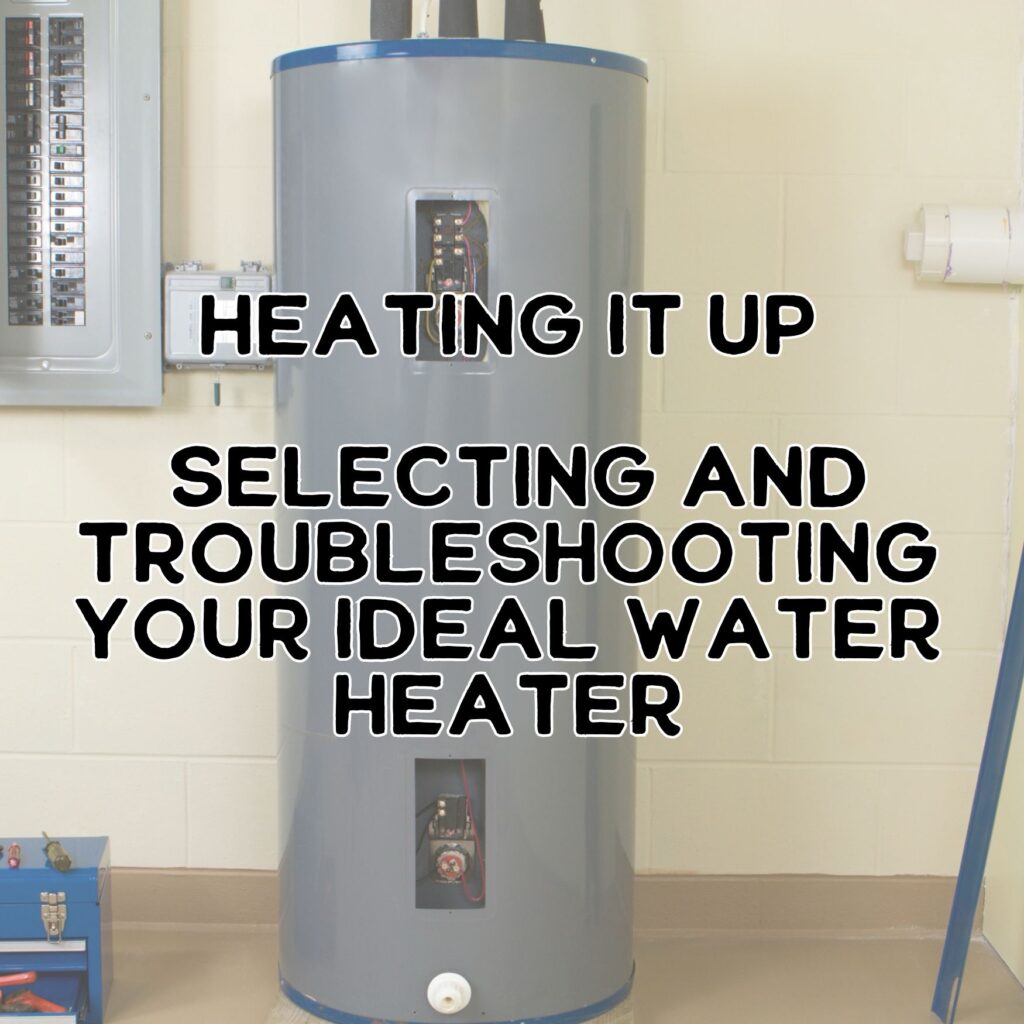
In the quest for home comfort, the role of the water heater is often understated, yet it’s a cornerstone of daily convenience. From a refreshing shower to a relaxing bath, clean dishes to laundered clothes, the water heater silently plays a crucial part. At its core, a water heater’s job seems simple: to heat water and deliver it to your taps and appliances when needed. However, the intricacies of how a water heater functions, the types available, and the considerations for selecting the perfect one for your home are far from straightforward.
The basic principle behind water heating is simple thermodynamics – transferring heat to water and storing it until needed. Yet, the way this process is achieved varies significantly between different types of water heaters. Factors like energy source, efficiency, capacity, and installation location all play pivotal roles in determining the right fit for a household.
As we delve deeper into the world of water heaters, we will explore not only how these essential household appliances work but also what sets them apart. We’ll guide you through choosing the most suitable water heater for your home, understanding common issues they face, and how to address them. Whether you’re looking to replace an old unit, troubleshoot an existing one, or simply curious about how these devices work, this article aims to shed light on the warm world of water heaters.

Types of Water Heaters: Why Tankless Electric Water Heater Stands Out
Water heaters come in various shapes and sizes, each with its own set of benefits. Let’s break it down into something a bit more digestible, like understanding the difference between your favorite coffee brews. Just as you choose between a robust espresso or a light Americano, selecting a water heater also depends on your specific needs and preferences.
- Storage Water Heaters: These are like your classic coffee pot, always hot and ready, but they keep heating and reheating the same batch. They’re reliable but can be a bit inefficient.
- Tankless Water Heaters: Imagine an espresso machine – quick, efficient, and heats water on demand. That’s where a gem like the Rheem 18kW 240V Tankless Electric Water Heater comes into play. It’s like having a barista in your home, giving you hot water when you need it, without the wait or the waste. This model is a real energy saver, heating water instantly as it flows through the device, meaning no energy is wasted in keeping a tank of water hot 24/7.
- Solar Water Heaters: These are the off-grid, eco-friendly options. Great for the environment, but they depend heavily on your location and weather – a bit like relying on the sun to warm your morning brew.
- Heat Pump Water Heaters: These are a bit like a fancy French press – they take heat from the surrounding air and transfer it to the water. Energy-efficient, but they work best in certain climates.
Now, why is the Rheem Tankless Water Heater a standout choice? For starters, its tankless nature means it’s compact and can fit almost anywhere, from a tiny apartment to a spacious house. It’s also incredibly energy-efficient, which means savings on your utility bills in the long run. Plus, you’ll never run out of hot water in the middle of a shower – a game-changer in any household.
But what really makes the Rheem 18kW 240V model shine is its performance. It’s designed to deliver a continuous flow of hot water at a consistent temperature, ensuring your morning showers are just as comfortable as your evening baths. No more cold surprises!
In summary, while each type of water heater has its merits, the Rheem 18kW 240V Tankless Electric Water Heater is a blend of convenience, efficiency, and consistent performance, much like your favorite cup of coffee, tailored to your tastes.
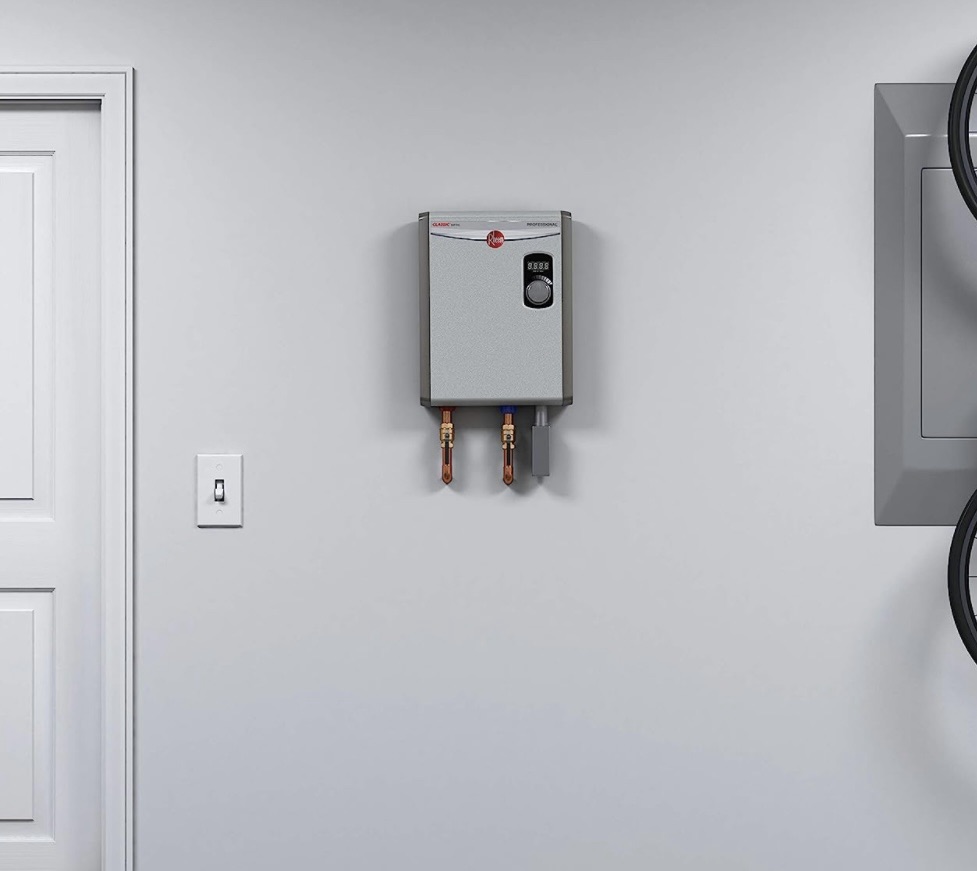
Choosing the Right Water Heater for Your Home
Selecting the ideal water heater is more than just picking any model off the shelf; it’s about matching your home’s needs with the right features. Here’s how to make that perfect match:
- Assess Your Household’s Hot Water Usage: Think about your daily routines. How many people are showering each day? Do you have appliances that use hot water frequently? This will help you gauge the capacity you need.
- Energy Efficiency for Cost-Effective Heating: Look for models that promise high energy efficiency. For instance, the Rheem 18kW 240V Tankless Electric Water Heater offers efficiency and on-demand hot water, potentially reducing your energy bills.
- Space Considerations: If you’re tight on space, traditional tank heaters might not be the best fit. Here, a sleek, compact tankless option like the Rheem 18kW unit could be a game-changer, offering efficient heating without taking up much room.
- Long-Term Costs and Savings: While the upfront cost is a factor, consider long-term savings too. Energy-efficient models like the Rheem 18kW tankless heater may have a higher initial price but can offer significant savings on your energy bills over time.
- Evaluate Your Home’s Power Setup: Ensure your home can support the water heater you choose. The Rheem 18kW, for instance, requires a specific electrical setup, so it’s essential to verify compatibility.
By taking the time to assess these factors, you can ensure that you choose a water heater that not only meets your immediate hot water needs but also aligns with your long-term household goals and budget.
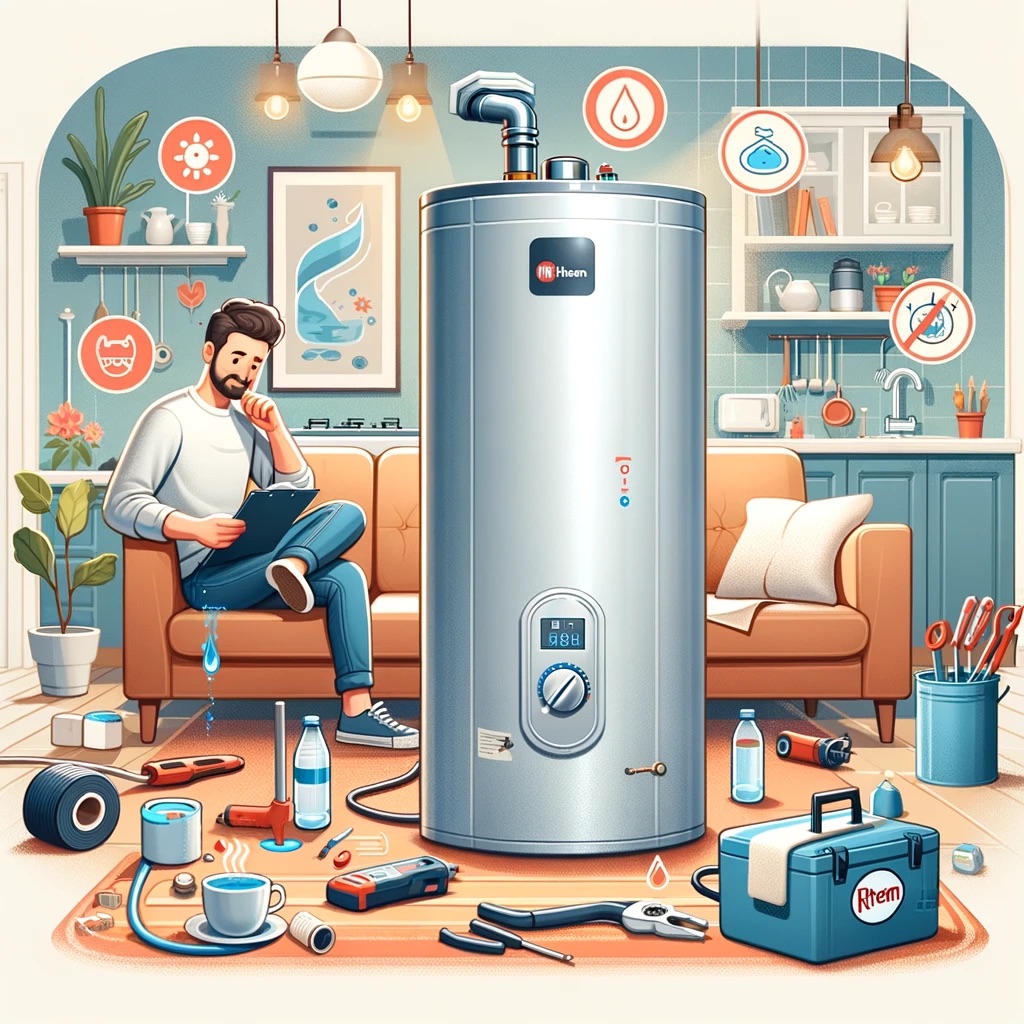
Common Issues with Water Heaters and Solutions
Even the best water heaters, including high-end models like the Rheem 18kW 240V Tankless Electric Water Heater, can encounter issues. Understanding these common problems and their solutions can help keep your water heater functioning efficiently.
- Inconsistent Water Temperature: This is a common complaint and can be caused by various factors. In tankless models like the Rheem 18kW, it might be due to overloaded usage. Ensure that your water heater’s capacity aligns with your household demands.
- Sediment Buildup in Tank Models: Over time, minerals in the water can accumulate at the bottom of tank water heaters, reducing efficiency and heating capacity. Regular flushing of the tank is a recommended maintenance practice to prevent this.
- Malfunctioning Heating Elements: Electric water heaters have heating elements that can burn out. In a unit like the Rheem 18kW tankless water heater, checking and replacing these elements is a straightforward process that can restore proper function.
- Thermostat Issues: An inaccurate or failing thermostat can result in water that’s too hot or not hot enough. In most cases, recalibrating or replacing the thermostat can resolve these issues.
- Water Leaks: Leaks can occur in any water heater. Regular inspections can help identify leaks early. For tankless models, checking connections and seals can prevent water damage.
- Lime and Scale Buildup: In areas with hard water, lime and scale buildup can be a significant problem, especially for tankless models like the Rheem 18kW. Installing a water softener or descaling the unit as part of regular maintenance can help.
By staying alert to these common issues and performing regular maintenance, you can ensure your water heater, whether it’s a traditional tank model or a modern tankless unit like the Rheem 18kW, remains in top working condition.
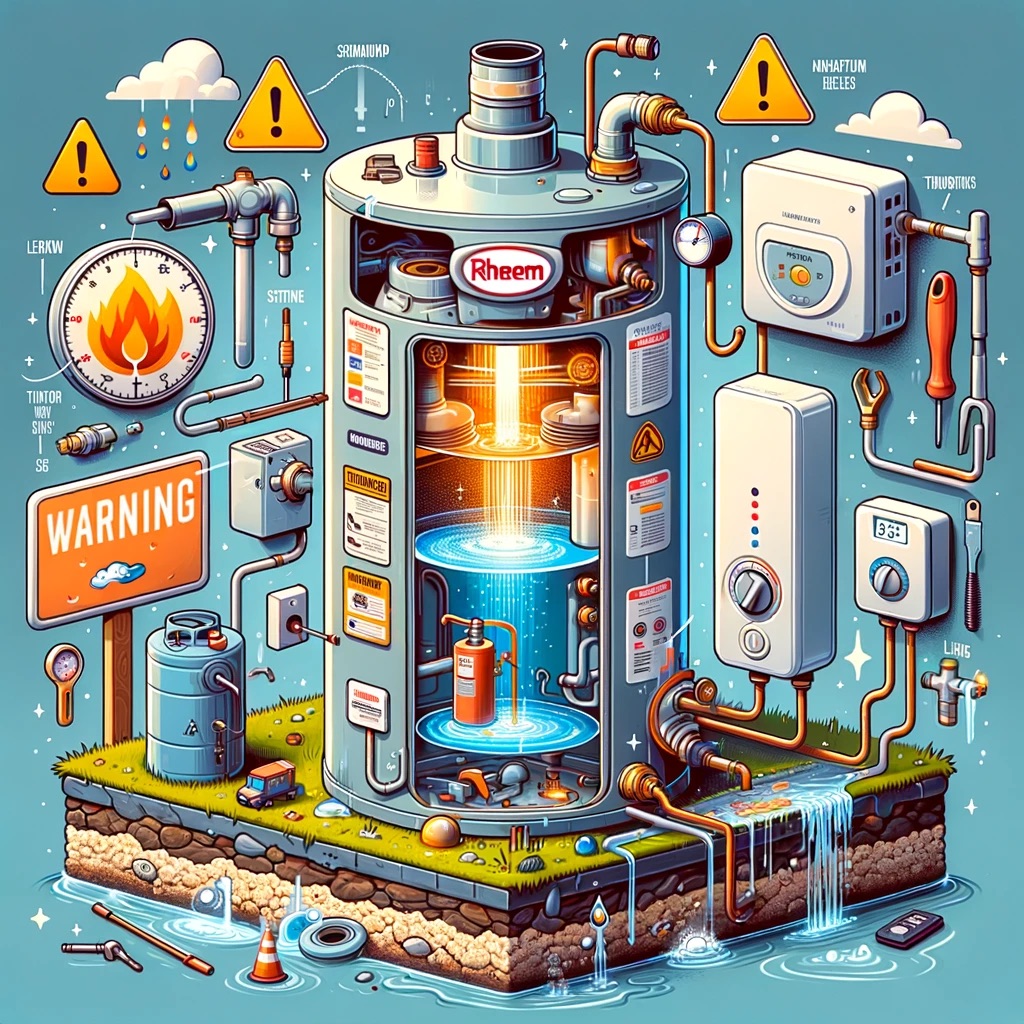
Maintenance and Troubleshooting: Keeping Your Water Heater in Top Shape
Maintaining your water heater isn’t just about ensuring you have hot water; it’s about safeguarding the comfort of your home. Whether you have a sleek, energy-efficient model like the Rheem 18kW 240V Tankless Electric Water Heater or a traditional tank system, regular upkeep is key. Here’s how you can stay on top of maintenance and troubleshoot like a pro.
- Regular Inspections: Make it a habit to visually inspect your water heater. Look out for any signs of wear, leaks, or corrosion. It’s these little checks that can prevent big problems down the road.
- Flushing the System: Particularly important for tank water heaters, flushing the system annually helps to clear out sediment that can hinder efficiency. For tankless models like the Rheem 18kW, descaling is vital to remove mineral buildup.
- Checking the Pressure Relief Valve: This safety feature needs to work properly to prevent excessive pressure build-up. Testing it yearly is a simple but crucial task.
- Monitoring the Anode Rod: The anode rod in your tank water heater fights corrosion. Keeping an eye on it and replacing it when necessary can extend the life of your heater.
- DIY Troubleshooting: Encountering issues? Before calling a pro, there are a few things you can check. For instance, if your Rheem 18kW tankless heater isn’t heating, ensure it’s getting power and that its filters are clean.
- Knowing When to Call a Professional: While DIY can be rewarding, knowing when to call a professional is important. If you’re facing complex issues, especially with electrical components, it’s time to call in the experts.
By staying vigilant with maintenance and being proactive with troubleshooting, you can ensure that your water heater remains a reliable source of comfort in your home.
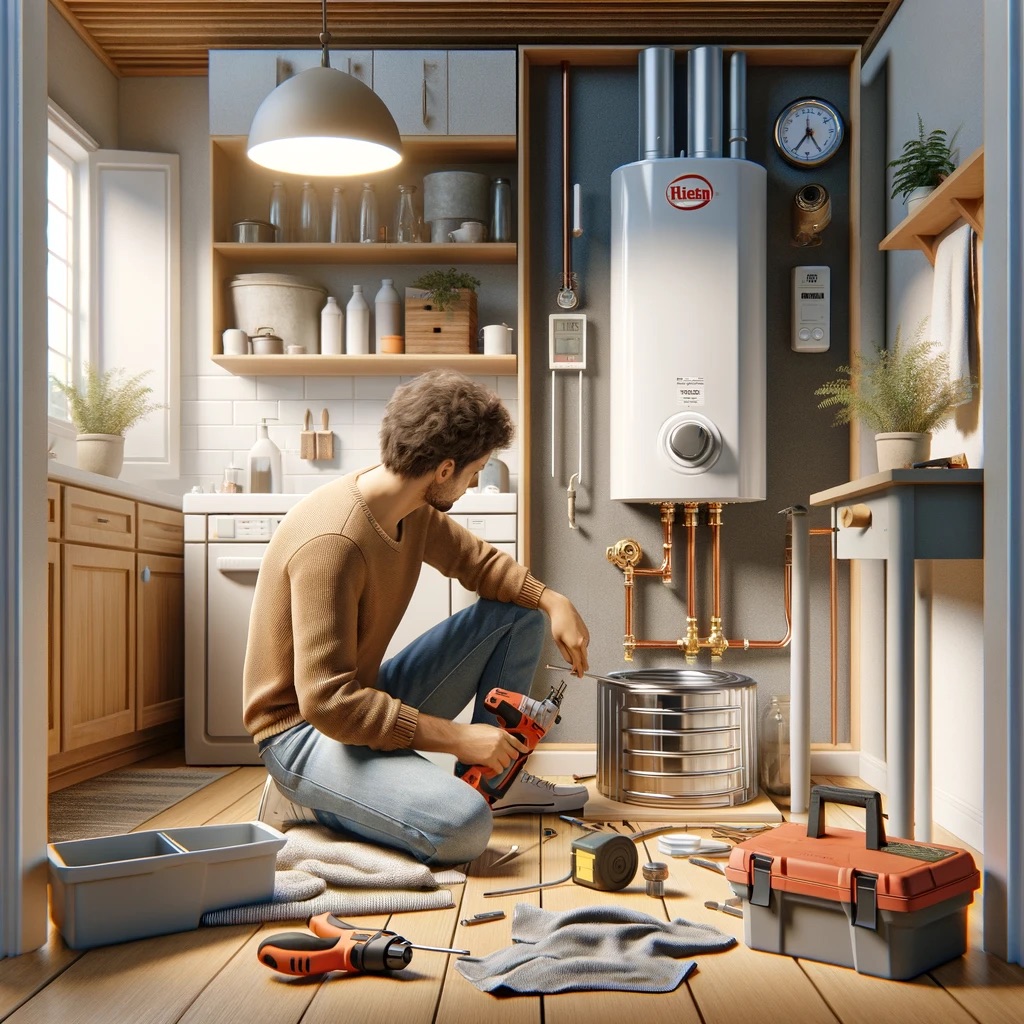
When to Call a Professional: Navigating Water Heater Repairs
While many water heater issues can be handled with some DIY skills, there are times when calling in a professional is not just advisable, it’s necessary. Here’s how to discern when to pick up the phone and call the experts:
- Electrical Concerns: If you suspect any electrical issues, especially with tankless models like the Rheem 18kW 240V Tankless Electric Water Heater, it’s best to leave it to professionals. Electrical work requires specific expertise for safe handling.
- Persistent Issues: If you’ve tried troubleshooting and the problem persists, it’s time to call in the pros. Recurring issues can indicate a deeper problem that might not be apparent to the untrained eye.
- Installation and Major Repairs: Installing a new water heater or conducting major repairs isn’t a typical DIY task. Incorrect installation can lead to inefficiency, increased costs, or even safety hazards.
- Warranty Considerations: Tampering with your water heater might void its warranty. If your heater is still under warranty, like many Rheem 18kW models, professional servicing ensures you don’t inadvertently void this coverage.
- Safety First: Water heaters involve high voltage, scalding temperatures, and in the case of gas models, combustible materials. When in doubt, prioritize your safety by seeking professional help.
Remember, there’s no shame in calling for help. Professional plumbers and technicians have the experience and tools to diagnose and fix your water heater issues efficiently, ensuring your home’s hot water supply is restored safely and effectively.
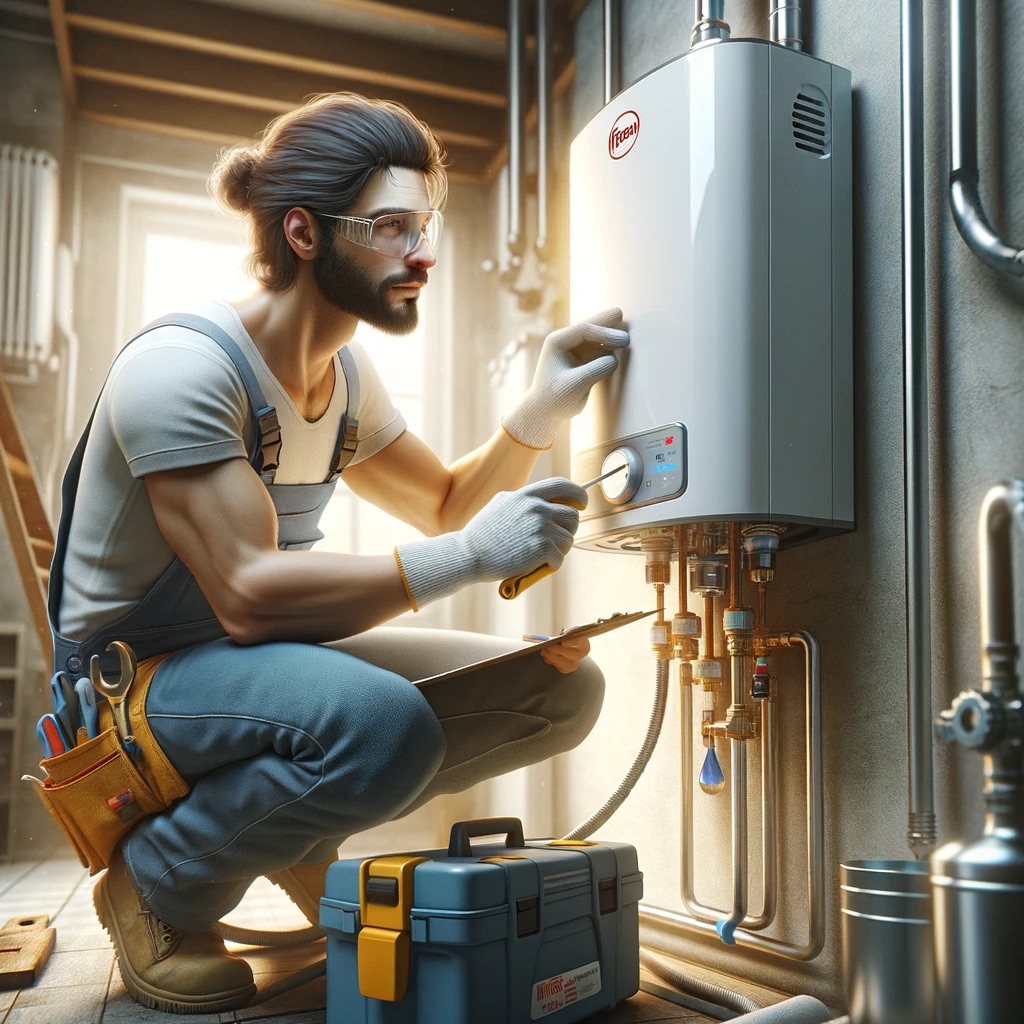
Ensuring Enduring Comfort with the Right Water Heater Choices
As we wrap up our journey through the world of water heaters, it’s clear that these unassuming appliances are pivotal to the comfort and convenience of our homes. From understanding the different types available, like the efficient Rheem 18kW 240V Tankless Electric Water Heater, to recognizing when to tackle issues yourself or call in a professional, we’ve covered the essentials to help you make informed decisions.
Remember, the right water heater is not just about immediate hot water; it’s about long-term comfort, efficiency, and peace of mind. Whether you choose a traditional tank model or a sleek, energy-efficient tankless option, your water heater is an investment in your home’s comfort.
Regular maintenance, being proactive about troubleshooting, and knowing when to seek professional help are key to ensuring your water heater serves you well for years to come. So, take the time to understand your needs, choose wisely, and give your water heater the care it deserves. Here’s to many more years of warm showers and comfortable homes!
Don’t forget to check out our other content by visiting our homepage!
As an Amazon Associate we earn from qualifying purchases through some links in our articles.


